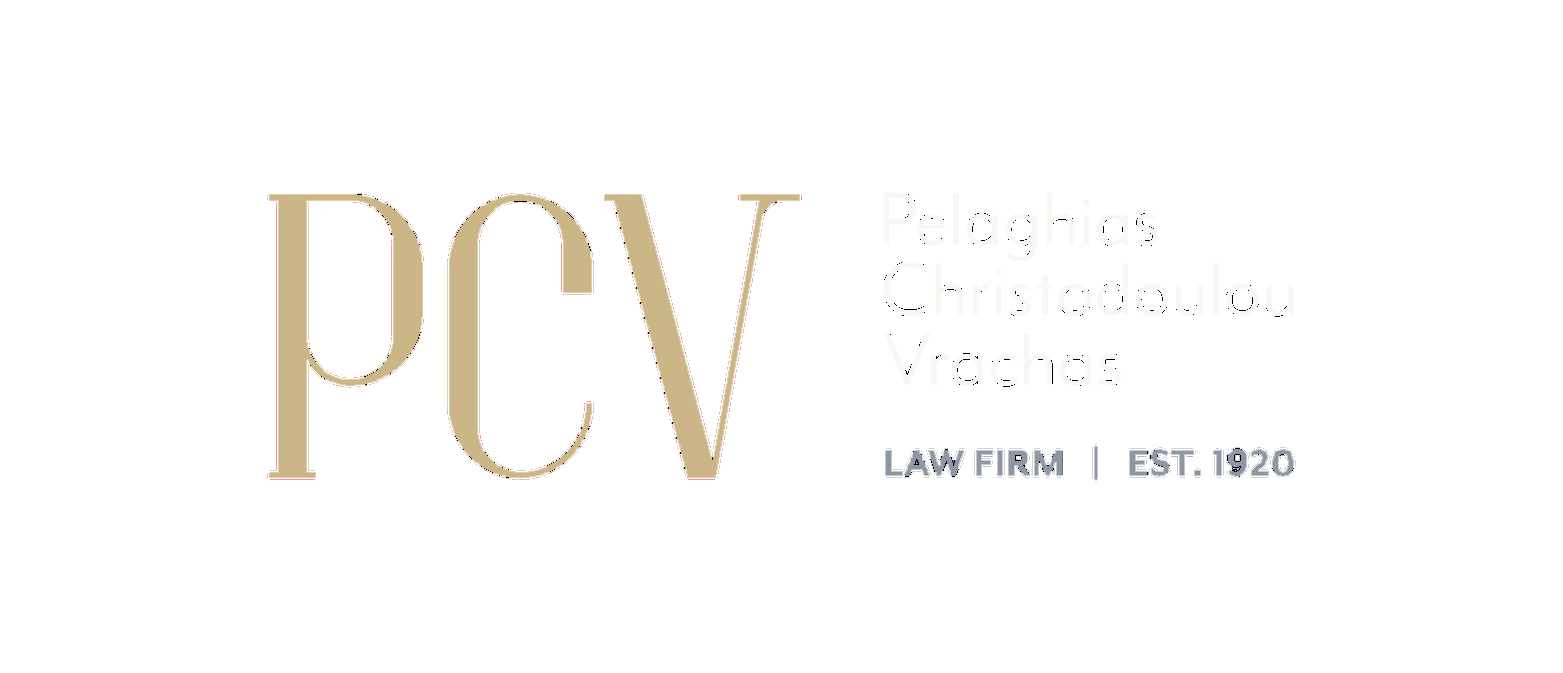AML | EU Council and Parliament reached a provisional agreement with stricter rules
The Council and Parliament found a provisional agreement on parts of the anti-money laundering package that aims to protect EU citizens and the EU’s financial system against money laundering and terrorist financing.
With the new package, all rules applying to the private sector will be transferred to a new regulation, while the directive will deal with the organisation of institutional AML/CFT systems at national level in the member states.
The agreement on the directive will improve the organisation of national anti-money laundering systems.
Obliged Entities
The provisional agreement expands the list of obliged entities to new bodies. The new rules will cover most of the crypto sector, forcing all crypto-asset service providers (CASPs) to conduct due diligence on their customers when carrying out transactions amounting to €1000 or more. The provisional agreement adds measures to mitigate risks in relation to transactions with self-hosted wallets.
Traders of luxury goods such as precious metals, precious stones, jewellers, horologists, and goldsmiths as well as traders of luxury cars, airplanes and yachts and cultural goods (like artworks) will also become obliged entities.
Enhanced due diligence
The Council and Parliament also introduced specific enhanced due diligence measures for cross-border correspondent relationships for CASPs.
The credit and financial institutions will need to undertake enhanced due diligence measures when business relationships with HNWI involve the handling of a large amount of assets. The failure to do so will be considered an aggravating factor in the sanctioning regime.
Cash payments
An EU-wide maximum limit of €10.000 is set for cash payments, obliged entities will need to identify and verify the identity of a person who carries out an occasional transaction in cash between €3.000 and €10.000.
Beneficial ownership
The agreement clarifies that beneficial ownership is based on two components – ownership and control – which both need to be analysed to identify all the beneficial owners of that legal entity or across types of entities, including non-EU entities when they do business in the EU or purchase real estate in the EU. The ownership threshold is set at 25%.
The agreement provides for the registration of the beneficial ownership of all foreign entities that own real estate with retroactivity until 1 January 2014.
The agreement must now be formally adopted by the EU council and EU parliament before it can come into force.


